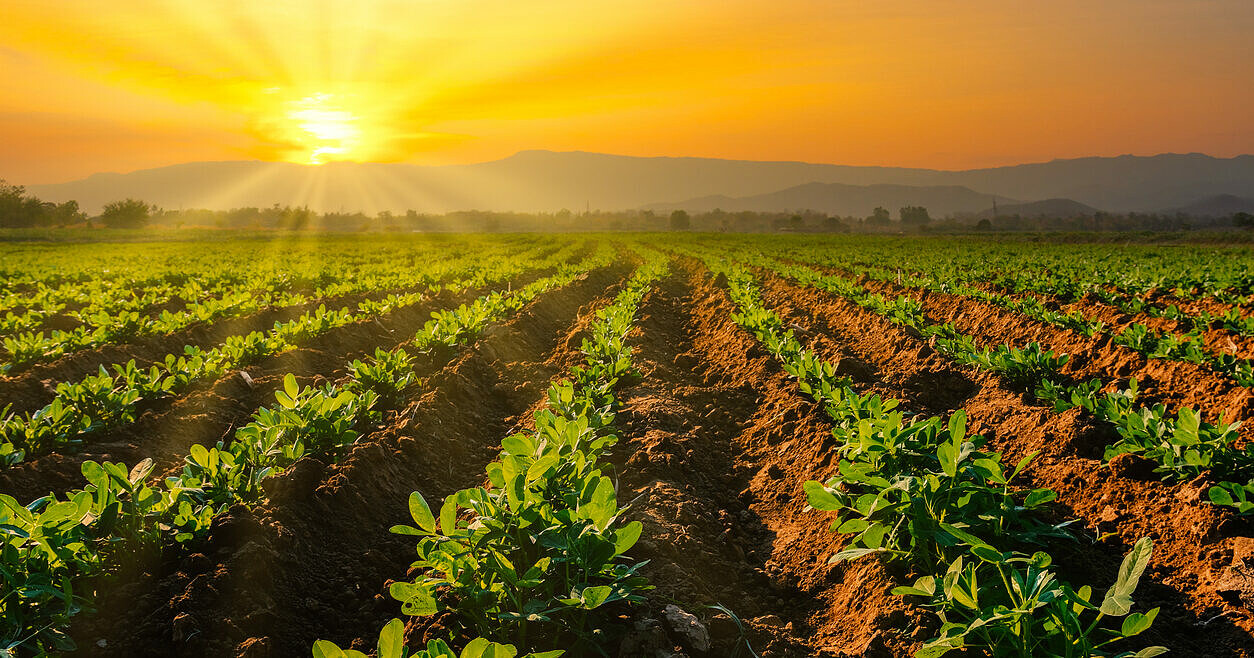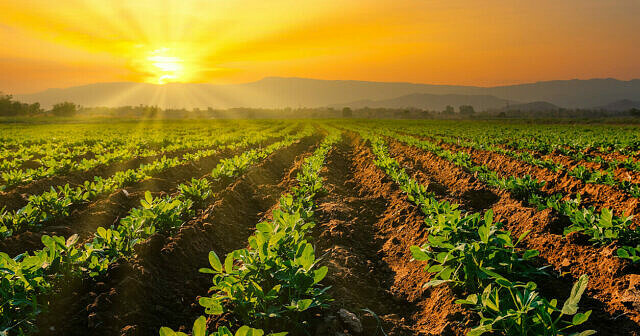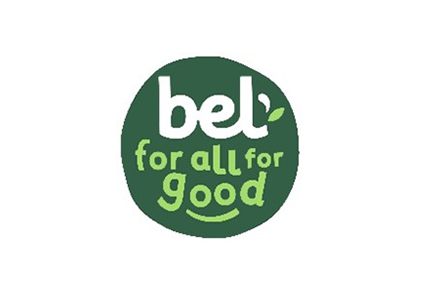Sustainability leaders in Argentina
12th April 2022
SAI Platform members are leading the peanut industry in sustainability in Argentina

Overview
The Argentina Peanuts project is exploring existing sustainability practices within the Argentinean peanut sector and identifying the challenges and opportunities for improvement and acceleration.
Initiated by the Crops Working Group and spearheaded by the Americas Working Group, the Argentina Peanuts project aims to accelerate the adoption of sustainable practices. Currently, eight of the largest peanut suppliers, supplying an estimated 75% of the country’s peanut production, are implementing the Farm Sustainability Assessment (FSA) with support from five SAI Platform members and the Argentina Peanut Chamber.
While peanut suppliers in Argentina have strong sustainability practices, there is a need for an industry aligned approach to demonstrate this and future-proof activities. One of the key challenges facing the peanut sector in Argentina is legislation. Argentina is the single largest supplier of peanuts to Europe, representing 55% of total peanut imports. With 70% of the peanuts produced in Argentina supplying the European market, suppliers are heavily impacted by changing and increasing European legislative requirements such as the EU Green Deal and the Farm to Fork Strategy.
The first phase of this project will baseline current sustainability practices of Argentina peanut suppliers through FSA implementation and verification. SAI Platform members are supporting this activity by covering first-year implementation costs for FSA training and verification that would normally be borne by their suppliers. Results from FSA verifications will be used to inform a second phase of the project that will focus on strengthening the current sustainability practices of the industry and preparing for the anticipated legislative changes and requirements.
“Sustainability is on top of our agenda. As part of our commitment to responsible sourcing, Intersnack actively engages in supply chain initiatives like SAI platform. By working together in this project, we can build on existing efforts and identify common next steps. Growers can avoid duplication of costs by understanding market requirements and demonstrate their sustainability performance using the FSA.”
Yann Quemeneur, Director Commodities, Ingredients, Peanuts and Oil at Intersnack.
The first phase of this project uses the same FSA Accelerator model as has been used in sugar beets in Turkey and Russia, and oranges in Florida, USA. By assessing existing gaps and supporting implementation needs, SAI Platform members and their suppliers are moving sustainability forward at the industry level. This project has also received support from the Cámara del Maní (Argentina Peanut Chamber) who have been instrumental in connecting SAI Platform with Argentinean peanut suppliers.
“In Orkla we have ambitious targets for sustainable raw materials and we are therefore very proud to be part of this important collaboration to promote sustainability in peanut primary production,” commented Sara Malmström, Sustainability and Quality Manager at Orkla Confectionery & Snacks Sweden.
The project is spearheaded by Intersnack, Importaco, and Orkla, with the participation of Golden Peanut, a subsidiary of SAI Platform member, ADM. In 2021, Golden Peanut became the first FSA-verified supplier of peanuts in the world. Verified at 100% Gold, Golden Peanut is well positioned to provide sector specific guidance and support on FSA implementation and verification.
“This is an excellent opportunity to show our genuine commitment to the environment and the work we have done over the years. It is important to note that Golden Peanut made the decision to implement the FSA in 2021, becoming the first peanut producer in the world to be FSA verified.”
Carlos Urquiza, President & General Manager at Golden Peanut.
Importantly, a key driving force for speedy implementation is the short supply chain that exists in the Argentinean peanut sector. Suppliers have the ability to act quickly and decisively. The majority of peanut processors are directly responsible for on-the-ground production and farming of peanuts, with many suppliers owning several of their own farms. The biggest challenge in Argentina is that production is mainly on fields that are rented and rotated from year-to-year. By working directly with an on-the-ground consultant and the local verification body, SAI Platform is able to address these challenges and work collaboratively to implement workable solutions.
“Carrying out this project in collaboration with other companies and through SAI Platform means directing the sector towards using FSA verification as the recognisable reference in sustainable agriculture, which provides efficiency and robustness to achieving objectives” commented Lucia Donnini, Director of Agriculture Integration at Importaco.
Currently, suppliers are receiving training and preparing for audits by a local consultant, Tomas Mata. Initial results of FSA verifications are anticipated for June 2022, with the remainder to be completed by spring 2023.
The Argentina Peanut project is already generating interest from other peanut-producing regions such as Brazil and the United States and outcomes from this project will inform future work in these peanut-producing regions.


